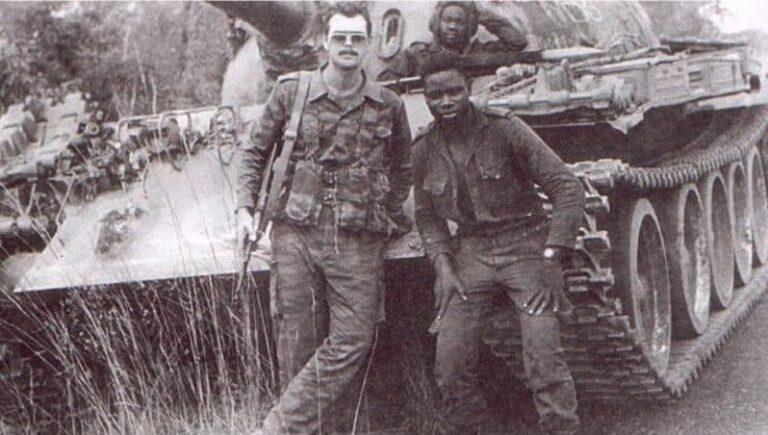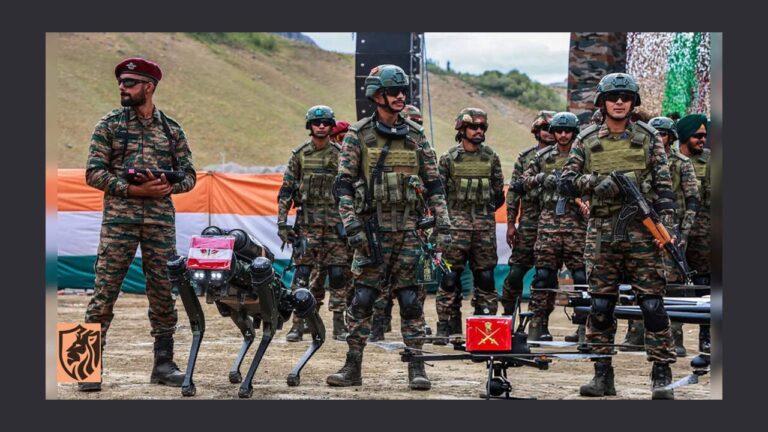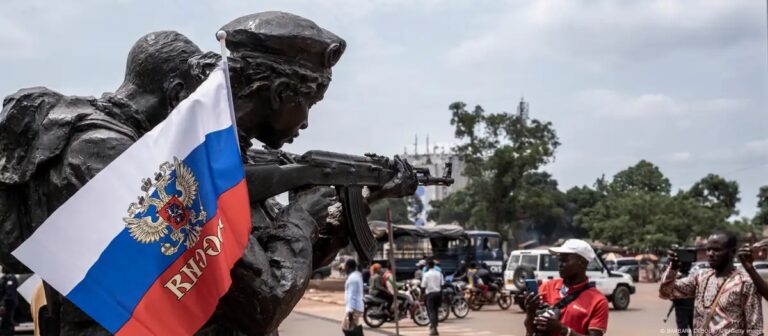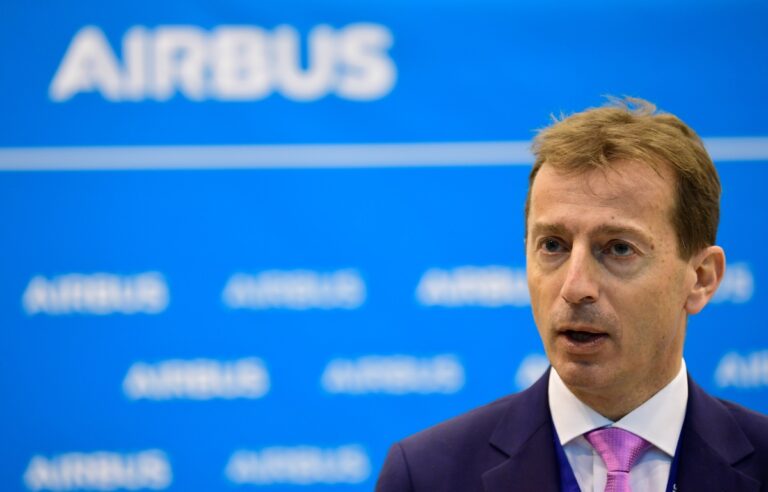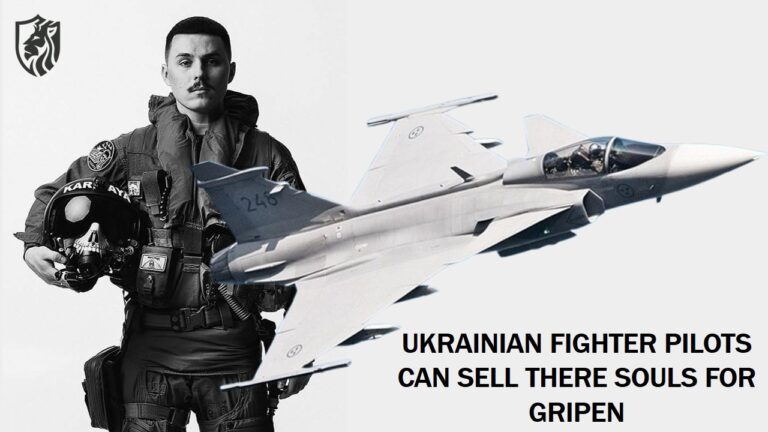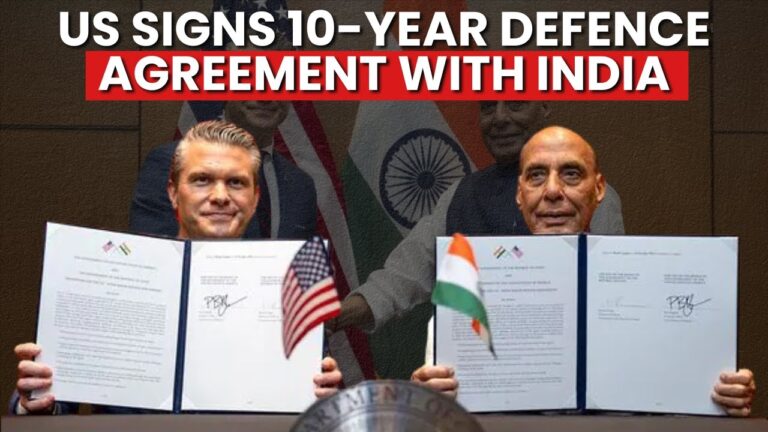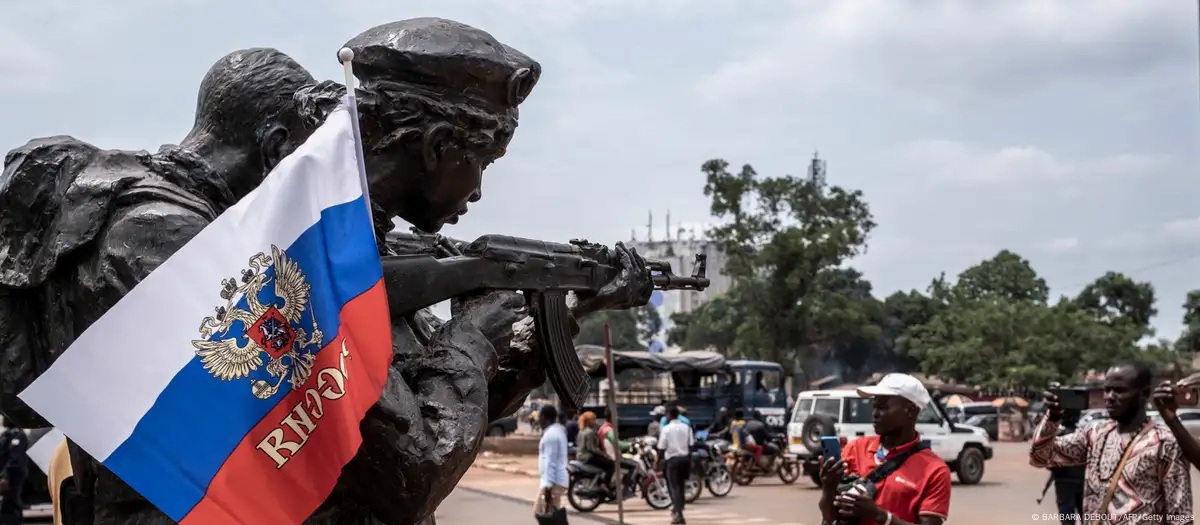
Africa Corps vs Wagner — Russia forcing Central African Republic
Why this matters
Russia pushes the Central African Republic to choose Africa Corps as its primary security partner, replacing the Wagner Group. The decision will reshape Bangui’s battlefield performance, finances, and foreign policy. It could also hard-wire Russian command structures into CAR’s security architecture.
From Wagner to Africa Corps: the pivot explained
Russia prefers the Afrika Corps because it’s under Moscow’s defence ministry. After Prigozhin’s 2023 death, the Kremlin sought tighter control. Wagner offered plausible deniability; Africa Corps offers formal chains of command. However, Bangui credits Wagner with swift results and severe security effects. The pivot is therefore not a straightforward swap.
Cash, commodities, and leverage
Moscow reportedly asked Bangui to fund personnel and remit additional fees. Central African Republic officials prefer payment in kind, notably gold, uranium, and iron. This model protects a thin treasury, yet it deepens commodity-for-security dependence. Consequently, Russia gains privileged access to strategic resources and regulatory influence.
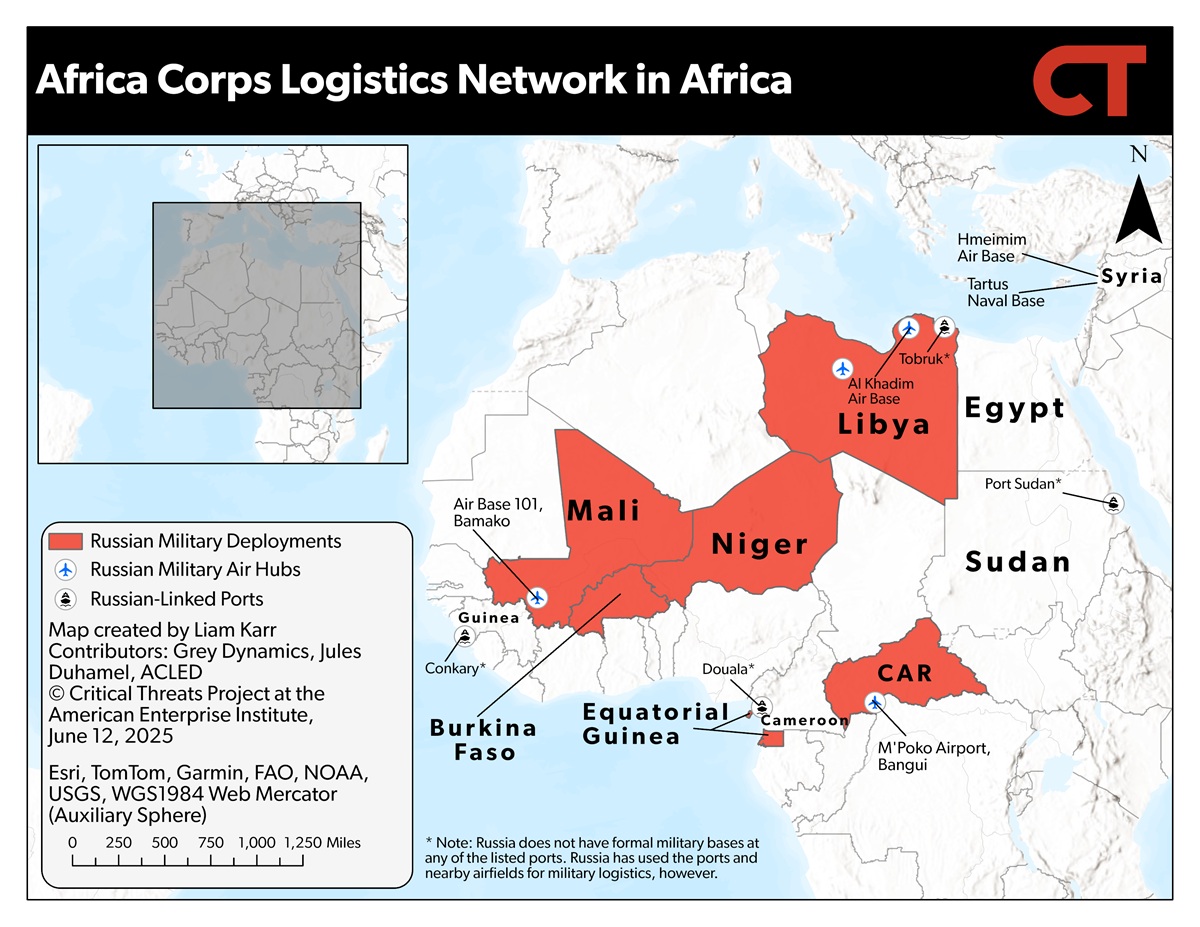
Performance vs politics: Bangui’s calculus
Wagner guarded President Faustin-Archange Touadéra and shaped the 2023 constitutional referendum. Russia pushes CAR to choose Africa Corps, but officials still praise Wagner’s local knowledge and combat rhythm. They argue that the Africa Corps emphasises training, not frontline fighting. Moreover, they fear that a formal unit could upset the inner-circle balance that keeps the regime stable.
What actually changes with Africa Corps
Russia encourages the Central African Republic (CAR) to select Africa’s Corps for normalising deployments and establishing state-to-state agreements. Africa Corps units often pair with Russian state firms to scout mining, oil, and port concessions. The footprint stays small, yet the contracts endure. As a result, influence operations, training missions, and base access can yield outsize leverage at modest cost to Moscow.
Plausible deniability ends
Wagner’s corporate status insulated the Russian state from direct liability claims. Russia pushes the Central African Republic to choose Africa Corps even though it removes that shield. Future misconduct, if alleged, will point at a state-subordinate formation. This shift clarifies responsibility but also signals strategic confidence.
Security realities on the ground
Rebel factions continue to threaten transport corridors and mining zones. Russia presses CAR to negate Wagner because a doctrine-heavy model may professionalise loyalist units. Yet insurgencies punish slow response cycles. Therefore, if Africa Corps remains training-centric, the Central African Republic could face capability gaps during crises. A hybrid arrangement, with phased rotation and clear rules, may mitigate risk.
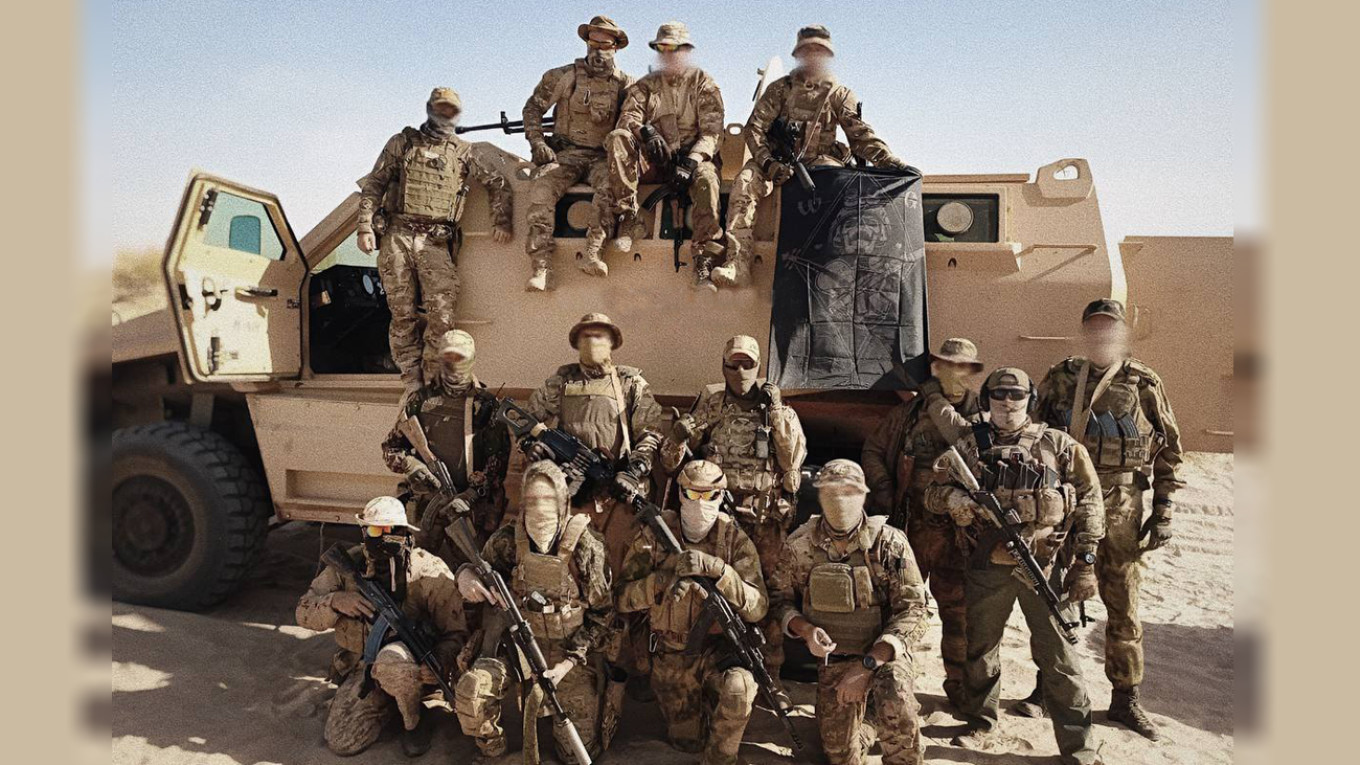
Regional ripple effects
The Kremlin’s Sahel play links security packages with political alignment. Russia pushes CAR to choose Africa Corps just as Mali, Burkina Faso, and Niger deepen ties with Moscow. Votes at the United Nations, sanctions circumvention, and resource flows all feature in this calculus. Consequently, CAR’s decision signals its long-term position in an increasingly polarised landscape.
Scenarios to watch
- Gradual transition: Russia pushes CAR to choose Africa Corps via staged deployments. Wagner elements remain as advisers. This approach reduces risks, creates surprises, and maintains continuity.
- A difficult swap: Bangui accepts cash terms and phases out Wagner quickly. Command clarity improves, but battlefield agility may dip.
- Commodities deal: CAR pays mainly in minerals. Sovereignty risks rise as contracts outlast cabinets.
- Stalemate: Negotiations drag. Security gaps widen, and rebels test key routes.
Policy and procurement implications
Defence planners should map force-generation timelines, not just headcounts. Russia pushes CAR to choose Africa Corps, so the Central African Republic must define triggers for rapid support. Contract annexes should specify surge capacity, airlift, ISR tasking, and medevac. Moreover, mineral-linked clauses require transparency to avoid mortgaging future budgets.
Bottom line
The Central African Republic must balance effectiveness, cost, and control. Russia pushes CAR to choose Africa Corps for strategic consolidation. However, Bangui still values Wagner’s expeditionary tempo. A carefully planned, time-sensitive transition with clear performance metrics provides the safest route through this security crossroads.
References
- AP — Russia asks CAR to replace Wagner with Africa Corps. AP News
- Robert Lansing Institute — Minerals, Mercenaries, and State Power. Robert Lansing Institute
- Timbuktu Institute — Russian Repositioning in the Sahel: From Wagner to Africa Corps. timbuktu-institute.org
- ECFR — Countering Russian hybrid warfare in Africa. ecfr.eu



